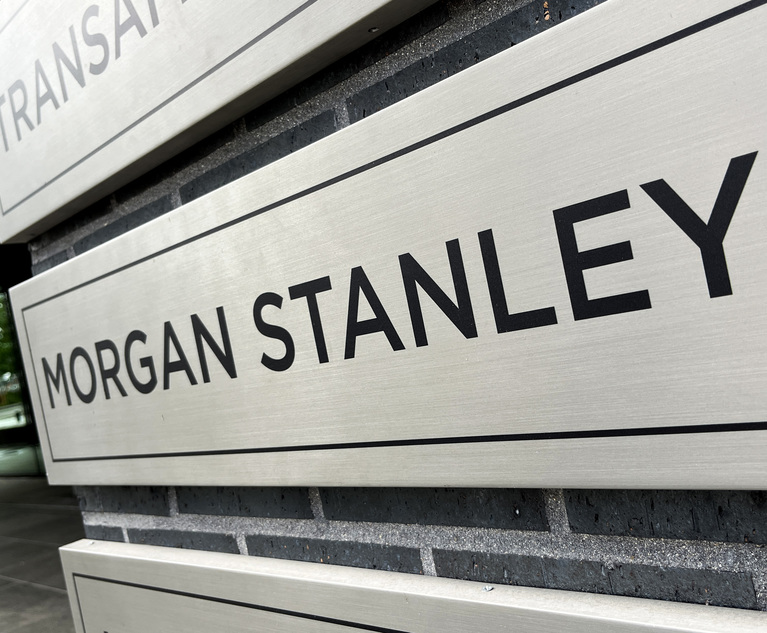Stock exchanges are indispensable to the modern market economy. Holding powers derived from federal law, the exchanges regulate most aspects of the trading that occurs within their systems. They are expected to do so impartially—and, when acting in their regulatory capacity, are absolutely immune from suit. Yet, stock exchanges are also for-profit entities acting for their own economic benefit. While acting in this role, their actions are not immune from challenge. Naturally, a key question is how far the regulatory function of the exchanges extends.
In City of Providence, Rhode Island v. BATS Global Markets, 878 F.3d 36 (2d Cir. 2017), the Second Circuit made clear that the absolute immunity stock exchanges enjoy does not extend to activities such as selling products like proprietary data feeds and co-location services to their members. In such situations, the exchanges play the role of self-interested entities whose actions can be questioned in court. In City of Providence, the court halted its long-standing trend of reading the absolute immunity of stock exchanges expansively while defining the outer bounds of this immunity for future litigants.


 Martin Flumenbaum and Brad S. Karp
Martin Flumenbaum and Brad S. Karp




